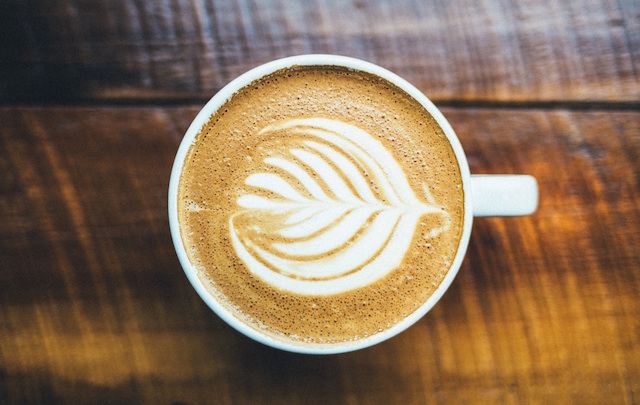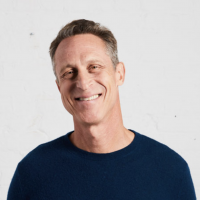
Let’s face it: most of us love our coffee.
“But is it healthy?” patients will sometimes ask, to which I emphatically reply, “Maybe.”
Among its other benefits, studies show coffee decreases our risk for Type 2 diabetes, lowers cancer risk, and improves mood and memory. Coffee can also boost metabolism as well as sports performance.
On the other hand, coffee can become highly addictive, altering stress hormones while making us feel simultaneously wired and tired.
So I understand the confusion. One day we see studies that support coffee and the next day we see 10 reasons why coffee is bad.
Before jumping to conclusions, remember those blurred lines aren’t entirely about coffee itself. It also depends on the person drinking coffee. The way we respond to coffee is often determined by genetics affecting caffeine metabolism. For one person, a cup could have them bouncing off the walls, while another person can have a triple espresso at dinner and then fall fast asleep.
In other words, everyone is different and experiences coffee’s effects differently. One patient complained about fatigue, restlessness, and heart palpitations. Obviously, I recommended avoiding coffee.
Likewise, if we suffer from adrenal fatigue, coffee could easily become dangerous. Some individuals might also be sensitive to coffee beans, meaning their bodies can’t tolerate them and they create unpleasant symptoms.
Constituents in coffee can also interfere with normal drug metabolism and liver detoxification, making it difficult for our liver to regulate the normal detoxification process.
Another patient drank 12 cups of coffee a day, yet constantly fell asleep at his desk. This person could barely function and couldn’t understand why he felt so exhausted.
When we tapered him off coffee, he began to sleep at night rather than fall asleep at his desk because he wasn’t getting proper rest his body desperately needed.
If we fall into those categories, coffee probably isn’t for us.
Regardless whether we fit these scenarios, I recommend treating coffee like any other potential toxic trigger and eliminate it for at least three weeks, especially if we’re addicted and can’t seem to function without coffee or if we drink multiple cups a day.
Look at it this way: if we go shopping every single day, that becomes a shopping addiction. If we need coffee every day to feel motivated or even function, we have a coffee addiction. There’s a good chance our stress hormones are out of whack and need resetting.
The best way to wean off coffee is switching from drinking multiple cups to just one cup and eventually half a cup. We might also switch to green tea or herbal teas and warm lemon water with a bit of raw honey.
As with any detox plan (yes, going off coffee is a kind of detox), drink adequate amounts of water and get plenty of rest during this time. I also suggest regular exercise to stabilize energy levels. Should we get irritable or have difficulty sleeping, supplement with 200 – 500 mg of magnesium citrate before bed.
My favorite detoxification rituals include a sauna, meditation, and yoga. I provide powerful techniques to relax and combat stress on my website.
If we remove coffee, try it for three weeks and add it back slowly. We should be attentive how we feel once we reintroduce coffee. Pay attention to energy levels, symptoms like anxiety or jittery feelings, or changes in digestion.
It’s perfectly fine if we realize coffee just does not work for us. Other health-friendly beverages include green tea or non-coffee lattes using reishi powder and other powerful herbs.
If we can occasionally tolerate coffee, drink it black rather than adding milk and sugar. These two culprits do more damage than the actual coffee.
Alternately, add fat to coffee. Once people taste the creamy, frothy goodness of fat blended with coffee, they don’t miss milk at all. Bulletproof Coffee, which has become wildly popular, blends MCT oil and a bit of grass-fed butter or ghee with high-quality, organic coffee.
This delicious beverage keeps me satiated for hours, cuts cravings, and keeps my brain extremely sharp. We can also drink this before exercise for steady energy levels without coffee’s crash.
Much like no one-size-fits-all approach exists for diet and lifestyle, our mileage will vary with coffee.
One person may be able coffee, while another experiences adverse reactions. We must individually determine whether coffee works or not.
Have you ever given up coffee? Did you struggle with withdrawal or other symptoms? Share your story below or on my Facebook page.
Author: Dr. Mark Hyman
Image: Frank Lanigan/Unsplash
Editor: Emily Bartran


 Share on bsky
Share on bsky




Read 23 comments and reply